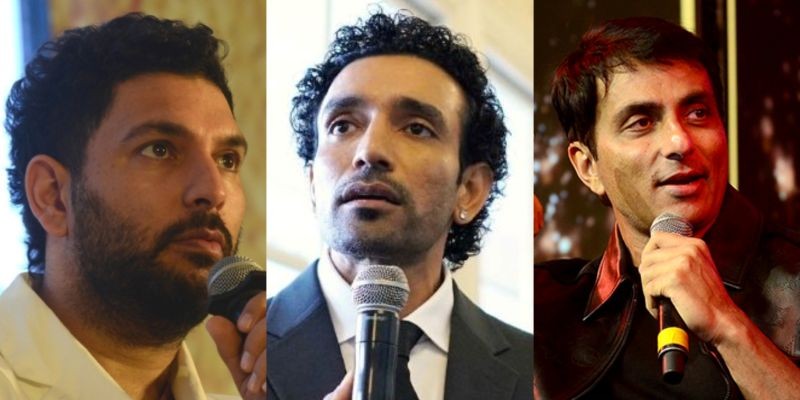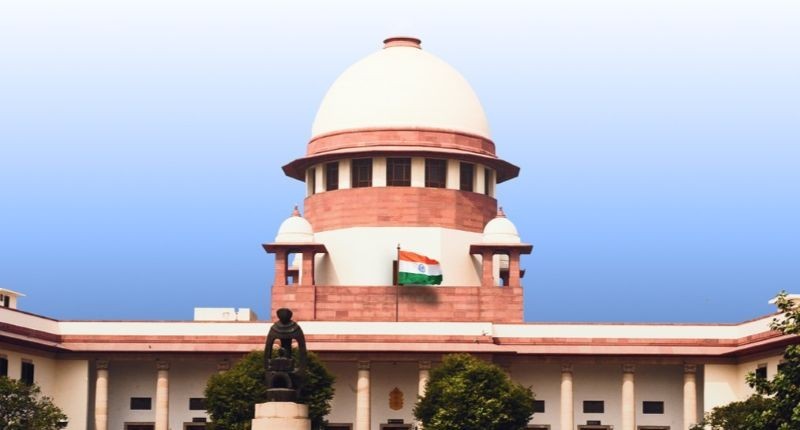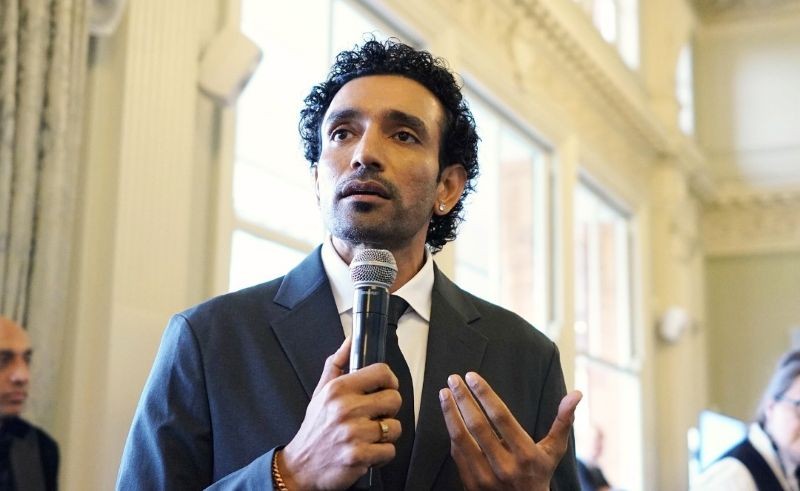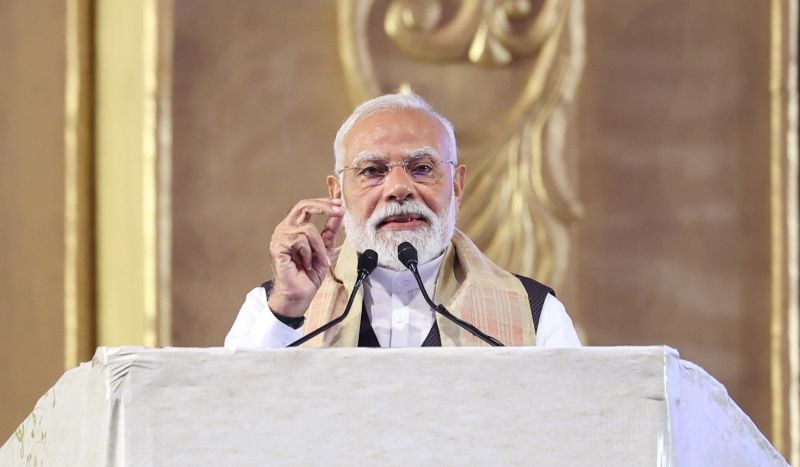Air India finds 'no issues' with fuel control switch on Boeing 787-8 planes after precautionary checks

Air India on Wednesday said it has completed precautionary inspections of the locking mechanism of the fuel control switch (FCS) on all of its Boeing 787-8 aircraft and found no issues with it, media reports said.
Air India conducted the checks after the Directorate General of Civil Aviation (DGCA), on Monday, directed all domestic airlines to inspect the fuel control switch of specific Boeing aircraft models by July 21.
The directive was mandatory for all India-registered Boeing aircraft following a special airworthiness bulletin issued by the US Federal Aviation Administration in 2018 that highlighted potential malfunctions in the fuel control switch's locking system.
Only two Indian airlines operate the Dreamliner - Air India and IndiGo.
Air India has around 30 of these planes, including the 787-8 and -9 variants, while IndiGo has just begun flying the 787-9.
The DGCA notification was issued following concern over a preliminary report into the June 12 Air India crash, in which a Boeing 787-8 Dreamliner crashed 32 seconds after take-off from Ahmedabad airport.
The preliminary investigation conducted by India's Aircraft Accident Investigation Bureau, or AAIB, on the June 12 Air India Boeing 787 flight crash has revealed that both engines of the plane had shut down mid-air within seconds of take-off.
The report said: "The aircraft achieved the maximum recorded airspeed of 180 Knots IAS at about 08:08:42 UTC and immediately thereafter, the Engine 1 and Engine 2 fuel cutoff switches transitioned from RUN to CUTOFF position one after another with a time gap of 01 sec. The Engine N1 and N2 began to decrease from their take-off values as the fuel supply to the engines was cut off."
The report mentioned the cockpit voice recording showed one of the pilots is heard asking the other, 'why did he cutoff'.
"The other pilot responded that he did not do so," the report said.
The June 12 incident marked one of the worst aviation mishaps recorded in India's history.
The report indicated that no immediate evidence was found that suggested there was a possible sabotage angle to the mishap.





